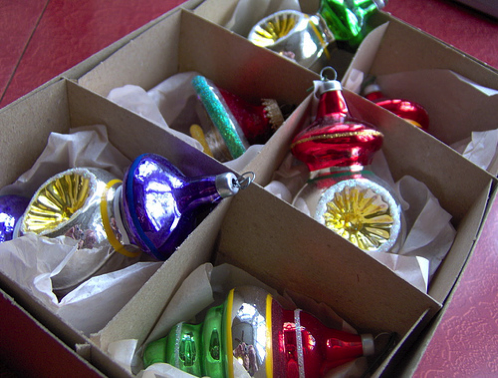*’I tell you solemnly, no prophet is ever accepted in his own country.’ * (Luke 4:24)
In today’s Gospel Jesus’ own people turn against him. They reject his ministry and his miracles. Not for the first - and indeed not for the last time - the response to Jesus is not love or admiration or worship, but violence and a thirst for destruction.
What is going on here?
On the face of it, it seems that is just an illustration of the old saying “familiarity breeds contempt”. Come, on - they say - who is this great preacher and wonder-worker we’ve been hearing about? He’s no one special! He grew up with us. He went to school with us. He worked with us. He’s only the Son of Joseph!
But those very words tell us that there is something more far reaching, much deeper going on here. When we, the reader, about hear about Jesus escaping death, our thoughts are turned to his death and his suffering and indeed his resurrection. And when we, the reader, hear those words “Son of Joseph” we are immediately reminded of the story just a few paragraphs earlier of the conception and birth of Christ of a virgin.
The name “Son of Joseph” sets Jesus clearly amongst his people and his home community: but knowing that he is Son of Mary indicates far more.
First, he is greater than kith and kin, greater than blood and race, greater than family and ethnic relationships. Christ is recognised by the widow of Zarephath, and Namaan the Syrian. He comes for all people of all languages, all races, all locations. He is a human son, but as Son of God he is King of all people. Deeply rooted in the faith and scriptures and soil of his people, but in now way bound or limited by them. As St Paul says, in Christ there is neither Jew or Greek, slave or free, male or female. In him there is no black or white, rich or poor, citizen or refugee.
And second, to understand Christ is not so much a matter of knowledge - of his parentage, his home, his family and his language: no, it is a matter, more than anything of faith and of love. It is not about puzzling over this Son of Joseph, whom we know, but worshipping this Son of Mary, whom we trust. To turn to Christ, is to live in love - to go beyond the questioning and jealousies of the mind, to embrace him with the heart of love. And live that love.
*Love is always patient and kind; it is never jealous; love is never boastful or conceited; it is never rude or selfish; it does not take offence, and is not resentful.
Love takes no pleasure in other people’s sins but delights in the truth; it is always ready to excuse, to trust, to hope, and to endure whatever comes.* (1 Corinthians 13)
Love - as Paul says - does not come to an end. Christ avoids the fury of the crowd, just as he will rise from the dead. Because he loves us. And we are called to live that love.



